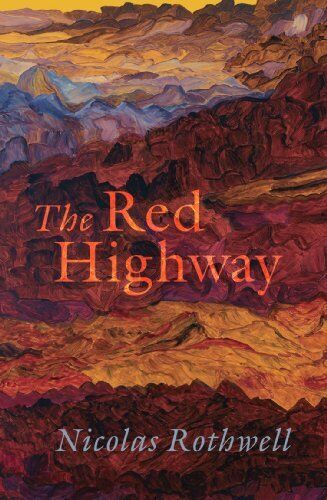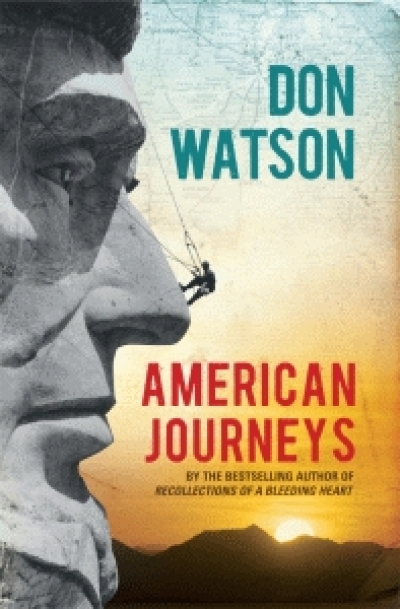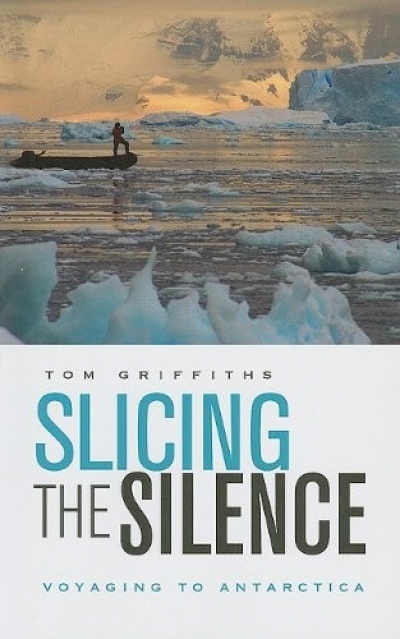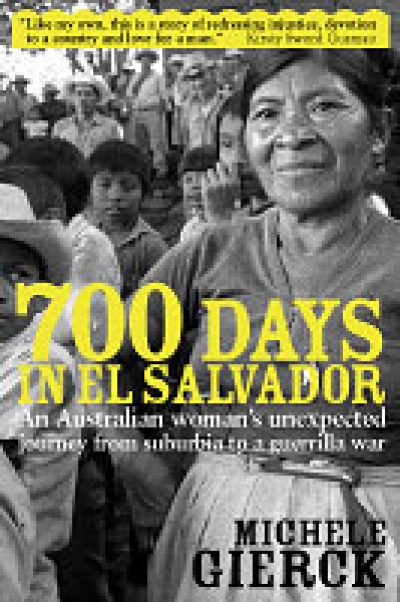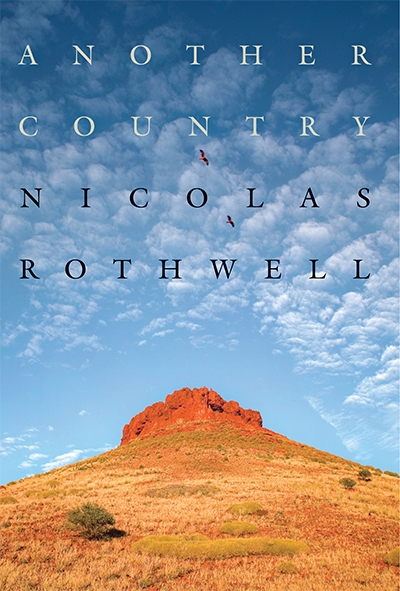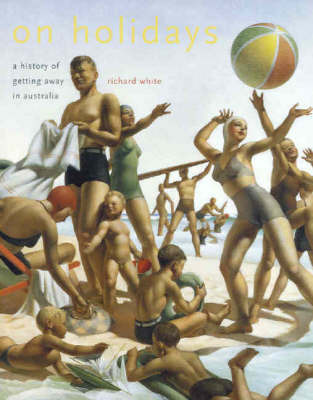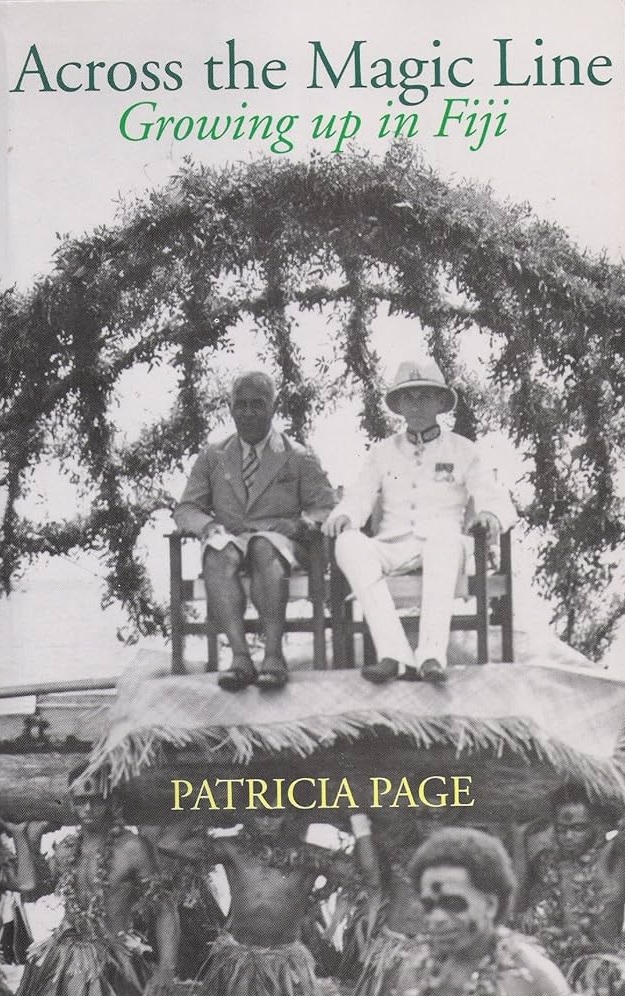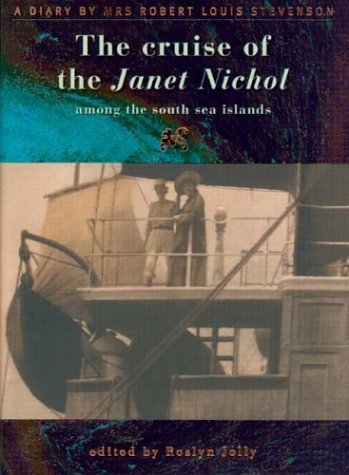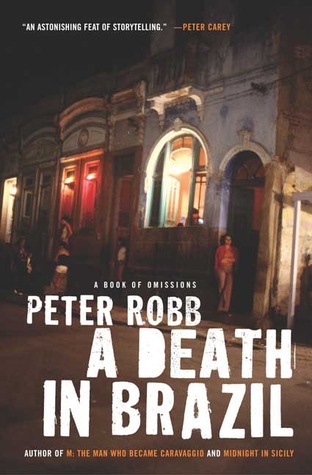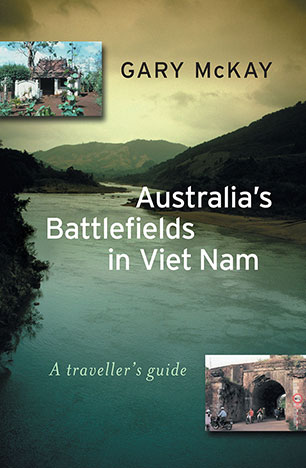Travel
Towards the close of the second section of The Red Highway, Nicolas Rothwell is driving across the Kimberley Plateau towards Wyndham with a hitchhiker, an Aboriginal girl. When she asks why he has come back, he tells her that while he was a reporter in the Middle East he heard stories about places in the Kimberley that reminded him of people he knew there and of how much he missed the country. He tells her that ‘people who come to northern Australia come here because they’re lost, or searching, or on the edge of life, and silence, and they’re chasing after some kind of pattern, some redemption they think might be lurking, on the line of the horizon, out in the faint, receding perspectives of the bush’. He turns on the radio and picks up a station based in Kununurra. The announcer is chatting about strongyloids, a parasitic worm which causes heart and kidney problems in outback communities. ‘“I’ve got that,” said Cherandra proudly.’
... (read more)Travel in America is a journey crowded with literary acquaintances. For centuries visitors have striven to make sense of the United States, drawn by its energy, admiring or disturbed by its civic culture. Charles Dickens visited twice, in 1841 and 1867, capturing his observations in American Notes (1842) ...
... (read more)Last year I was invited to a literary festival celebrating writing about Antarctica. At the opening drinks session, I fell into conversation with a woman who, when she learned I was a participant, asked me if I had been ‘down south’. I said I hadn’t. She replied somewhat ungraciously, I thought, that she felt few would take me seriously in this forum because I hadn’t made the trip. I was taken aback, but still managed to mutter something in reply about Antarctica’s fascination as an imaginative space.
... (read more)Michele Gierck’s account of her years spent working as a human rights advocate in El Salvador raises the problem of how to understand other people’s lives. Early in 700 Days in El Salvador, she distinguishes between the two Spanish infinitives for the verb ‘to know’. Saber means to gain an understanding intellectually, through books or art, through a representation. Conocer is to understand by experiencing something directly, to live through it or to witness it oneself. Gierck’s passionate work on behalf of the Salvadorean peasants, or campesinos, is testament to her conviction that to conocer is truly to know. She attributes an inviolable sanctity to the stories of those on the ground, who witnessed the misery and fear in El Salvador during the decade of civil war and its equally troubled aftermath.
... (read more)‘The nearest thing on earth to a Black Australian is a White Australian, and vice versa,’ observed novelist and poet Randolph Stow some years ago. Nicolas Rothwell might have pondered the idea on his more recent wanderings as northern correspondent for the Australian. His north is not simply geographical. It fans south and west from Darwin, and east as far as Arnhem Land. Its core is in the Centre, in the Aboriginal realms of the Western Deserts: not only another country, but also, in the book’s closing phrase, ‘another time’, another dimension to the Australia we think we know. In a tribute to Darwin’s fabled Foreign Correspondents’ Association (whose members are forbidden to file the crocodile stories that southern editors want), Rothwell quotes a Latin motto, ‘Austrem Servamus’ (‘We serve the South’). It’s a droll reminder of how far the correspondent’s words must travel, through a dirty and imperfect lens, to reach from one place to the other. The mediation of numinous, heavy-laden revelations from this remote other country for mainstream consumption elsewhere is the high-wire walk of this book.
... (read more)On Holidays by Richard White & The Cities Book by Lonely Planet
Despite the rhetoric of globalisation, it is impossible to buy an airline ticket online in the United States with a credit card issued abroad. When I needed a ticket from Boston to Washington last year, and after numerous unsuccessful arguments with airline websites and 1800 numbers, I dropped into the local Harvard travel agency. There was a welcome familiarity in discovering that it was a branch of STA, one of more than 400 branches operated around the world by the Australian-based company.
... (read more)In Across the Magic Line: Growing up in Fiji, Patricia Page comes full circle, returning with her sister Gay after an absence of fifty years to the enchanted islands of their childhood, reliving their memories and examining the very different Fiji of the present. Despite changes everywhere, the astonishing beauty of the islands remains, and the kindness of the Fijians is constant.
... (read more)The Cruise of the Janet Nichol among the South Sea Islands edited by Roslyn Jolly & Robert Louis Stevenson edited by Roger Robinson
Whether it’s fate or mere coincidence, the life stories of the two most celebrated writers of the Pacific – Robert Louis Stevenson and Albert Wendt – dovetail together on the small tropical island of Upolu in Western Samoa. In 1889, when Stevenson concluded his third Pacific cruise on the Janet Nichol, he told his readers in Europe and America that: ‘Few men who come to the islands leave them; they grow grey where they alighted; the palm trees and trade-wind fan them till they die.’ In hindsight, this reads as a premonition, but, after years of ill-health Stevenson was seduced and invigorated by sweet air and unexpected interests, describing his time during the Pacific voyages as ‘passing like days in fairyland’.
... (read more)A Death in Brazil: A book of omissions by Peter Robb
Australian writer Peter Robb has once again written a whole, complex, foreign society into our comprehension. This time it is Brazil, its myriad worlds of experience, its cruelly stolid immobility and exhilarating changefulness, its very incoherence, somehow made accessible to our understanding. In 1996 Robb’s Midnight in Sicily was published to international acclaim. He had set himself the task like the one the mythical, doomed Cola Pesce had been commanded to achieve: to dive into the sea of the past; ‘to explore things once half glimpsed and half imagined’; and to discover ‘what was holding up Sicily’. And he succeeded magnificently.
... (read more)Australia’s Battlefields in Viet Nam by Gary McKay & On the Offensive by Ian McNeill and Ashley Ekins
For most Australians, certainly for those under the age of forty, ‘Vietnam’ is either an item on school curricula or a slightly off-the-beaten-path tourist destination. History or holiday. This may affront some, especially the small groups on either side of the 1960s cultural and political divide that cannot let go, but it is a sign of a generational shift and of the creation of the distance between ourselves and the event that is necessary for enhanced understanding and reconciliation between Australians and the Vietnamese.
... (read more)

